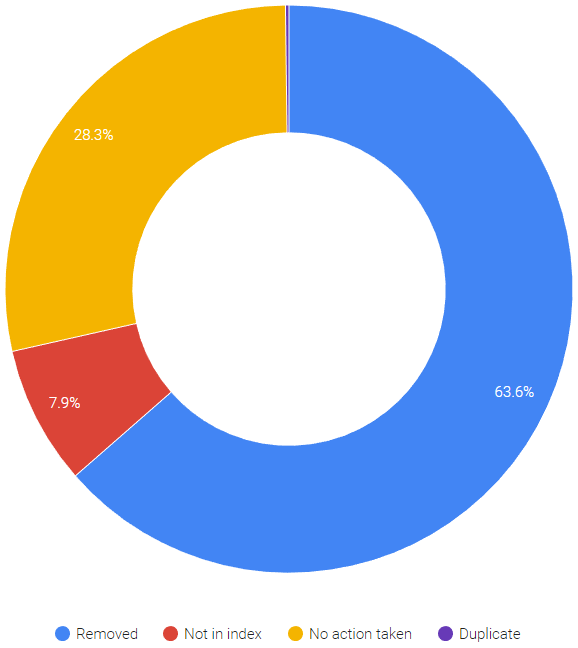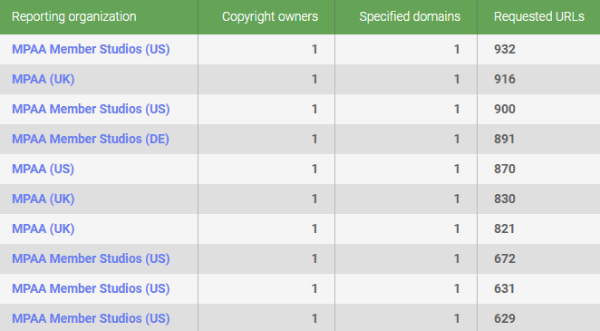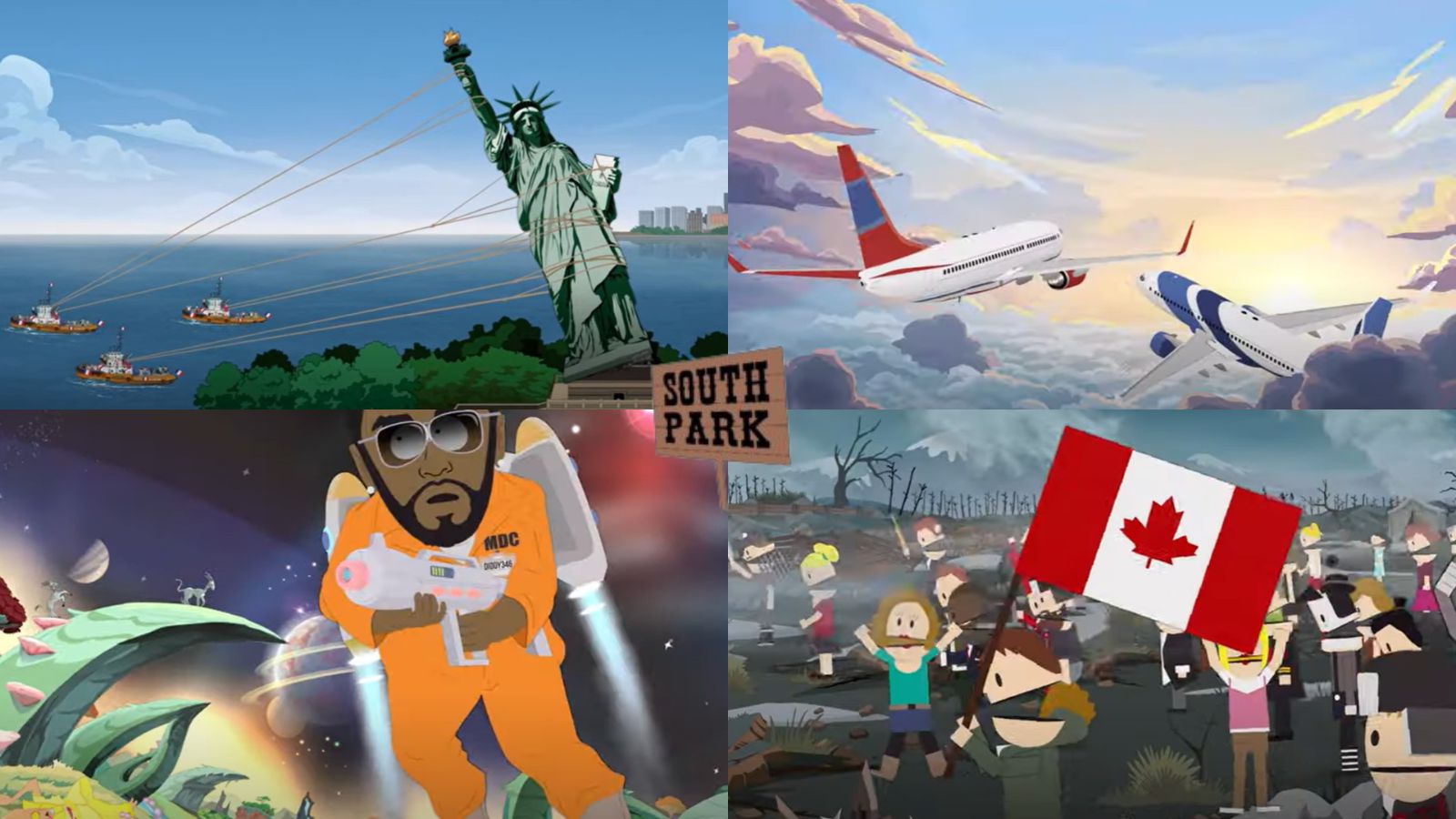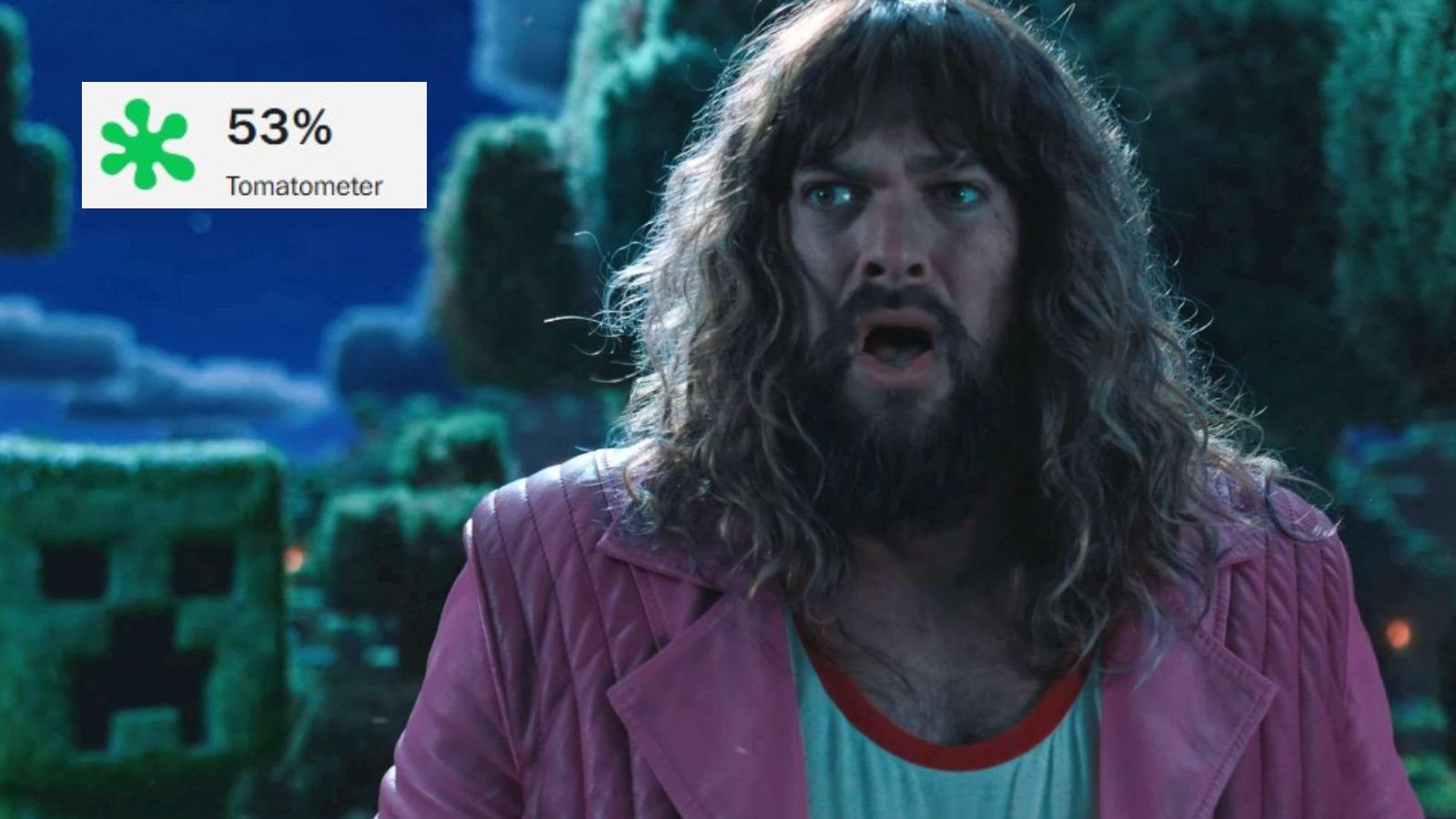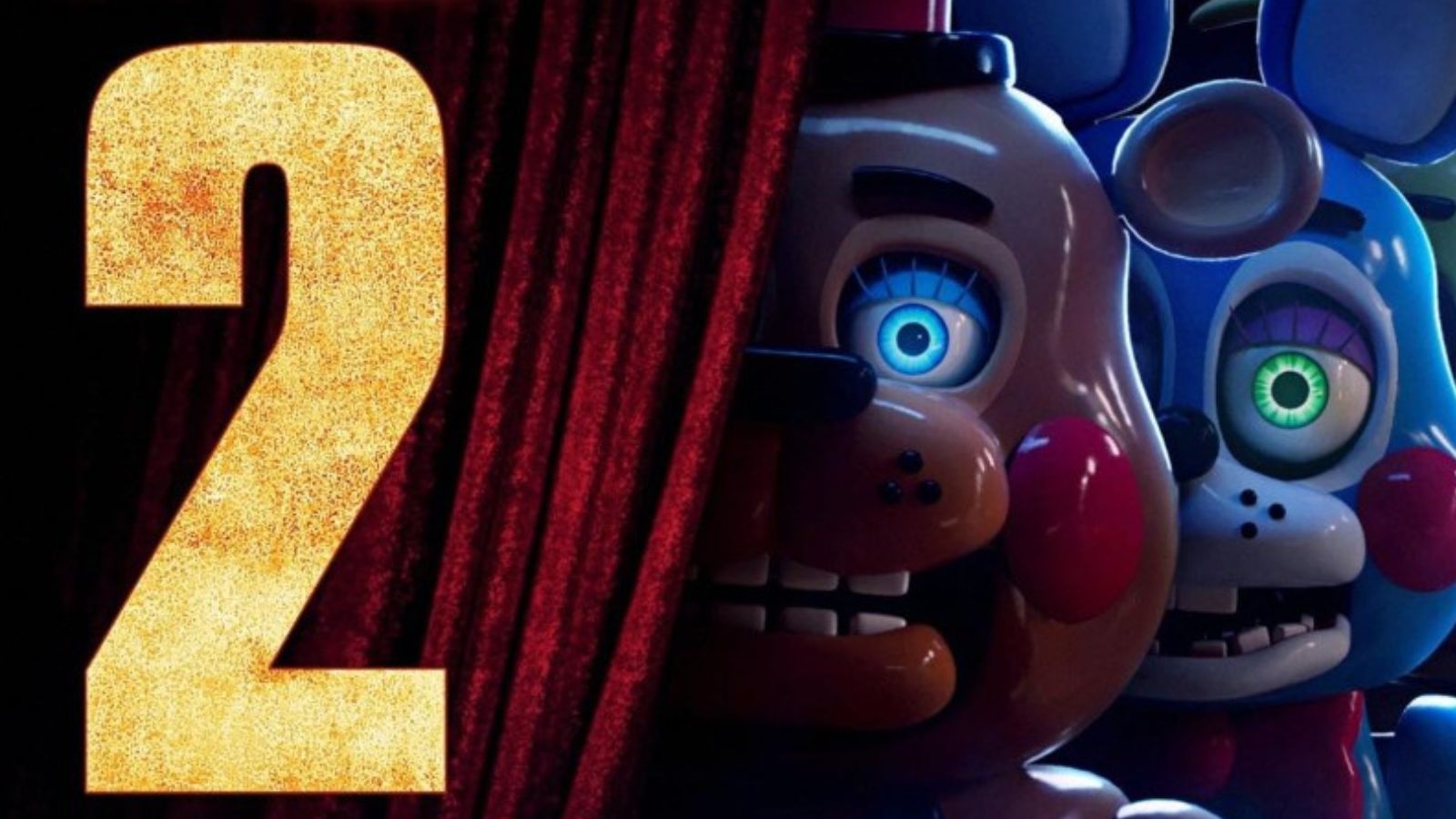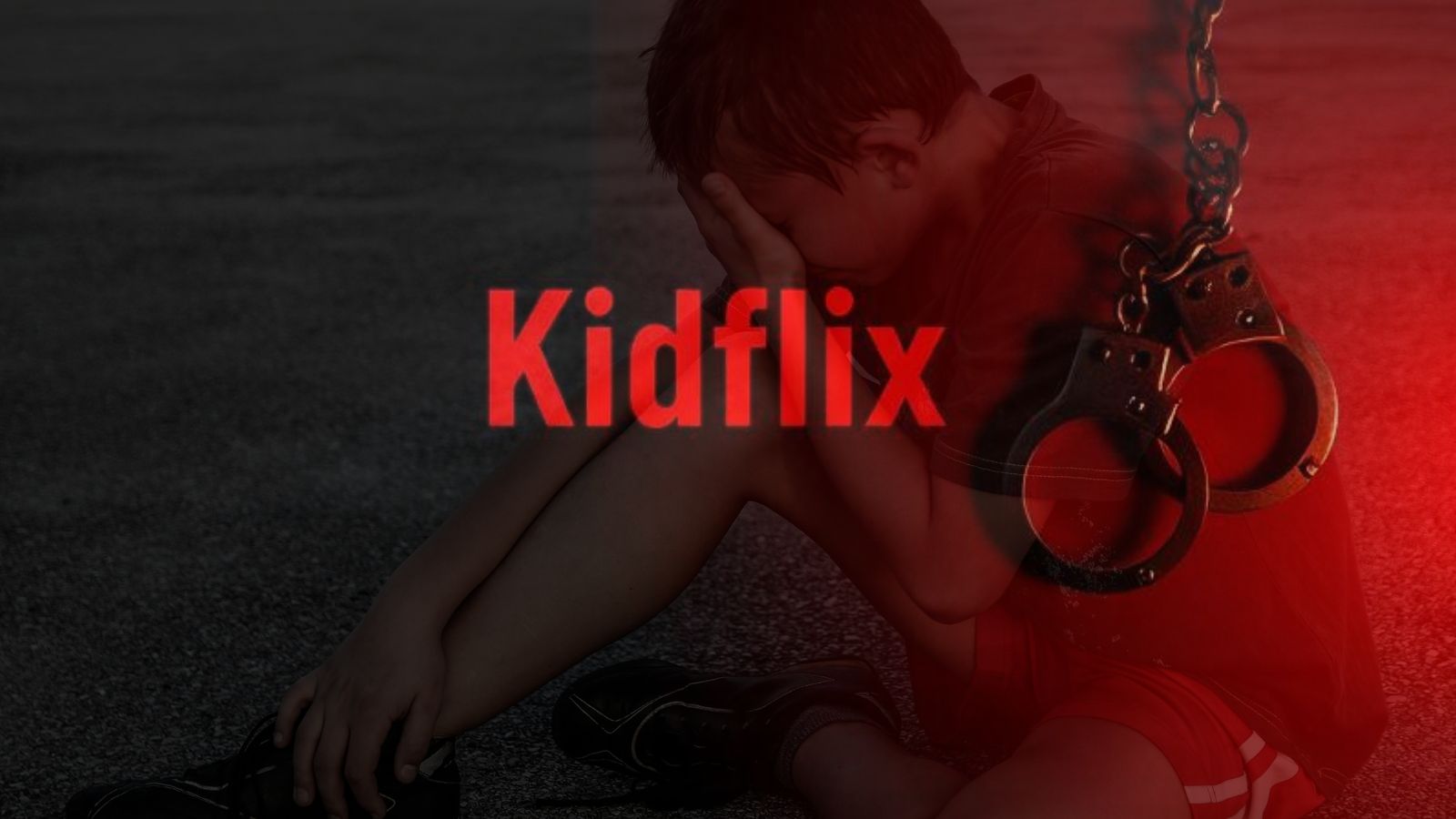
Fake MPAA Asks Google to Remove MPAA.org and Several Pirate Sites
- A scammer pretending to be a representative of MPAA tried to convince Google to take down thousands of domains.
- Most of the URLs that were reported are pirate streaming websites, but there’s also the MPAA.org.
- This is not the first or even the tenth time that this happens, but Google can still tell fake from legitimate reports apart.
An imposter pretending to be MPAA (Motion Picture Association of America) has sent thousands of URL takedown requests, asking Google to remove many pirate streaming websites, and also the MPAA.org itself. As reported by Google through their transparency report, many takedown notices like this one seem to be erroneous, but they really aren’t, as they very often come from people who aren’t who they claim to be. In this case, the DMCA takedown requests aren't coming from MPAA, either directly or on their behalf.
Google has multiple ways through which they can identify that the reports aren’t coming from the legitimate entities. For example, when the targeted URLs are very narrowly focused, reporting only specific URLs, it’s a sign of scammers. In almost all of these cases, it is pirates who are direct competitors of the reported websites, so they want Google to remove these URLs from their results in order to receive more traffic as a result. Still, Google removed some of these URLs as they are really infringing copyrights, and at the same time, they are labeling the associated requests as fake.
image source: torrentfreak.com
This reminds us of a similar story that we covered last month, with a fake set of DMCA copyright protection notices reaching Google allegedly from Marketly. In that case, the notices demanded the removal of several non-infringing domains that concerned purely Netflix reviews, and gave away the scammers by even including a Netflix URL as “pirating”. Thankfully, Google was not tricked on that occasion either and didn’t remove Netflix or other links pointing to reviewing platforms. However, the fact that this is a repeating incident shows that scammers and pirates are still trying to do what they consider it would be beneficial for their business.
image source: torrentfreak.com
As TorrentFreak points out, besides Marketly, there have been other trickery cases of reporting as Marvel, Warner Bros, MarkMonitor, DigiGuardians, and now MPAA and MPAA Member Studios. There’s nothing that these copyright owners can do about this, and they solely rely on Google’s employees and AI to catch the little details that give away the scammers. This is exactly what saves the day even when real errors are made by the legitimate rights-holders, so the system seems to be working relatively safely.
What do you think about the DMCA copyright protection system in general? Do you think it’s working well, or should Google replace it with a completely different scheme? Share your thoughts with us in the comments below, or on our socials, on Facebook and Twitter.
